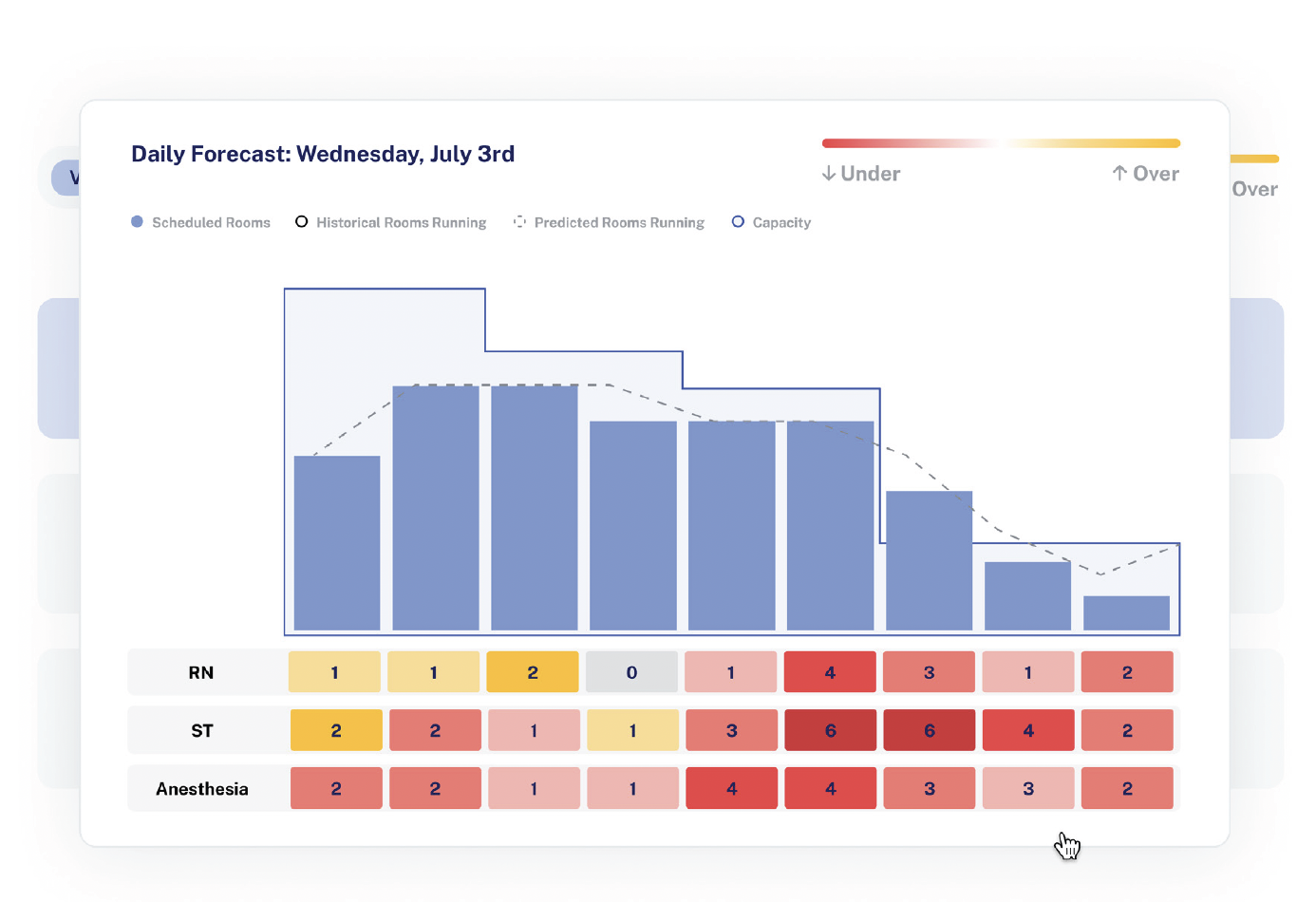
There is no shortage of advice, opinions, and proposed solutions when it comes to staff shortages, but the issue continues to plague healthcare systems nonetheless. For a couple of years now, speakers at the OR Business Management Conference and OR Manager Conference have been asking attendees, “Who still struggles to…

Human trafficking (HT) is a global public health crisis and one of the fastest growing criminal enterprises that grosses hundreds of billions of dollars annually, all of which are tax-free profits made off the sale of human cargo. And yet, research shows the problem is poorly understood or recognized among…

Perioperative leaders face mounting pressures to optimize resources, reduce costs, and improve patient outcomes. However, one challenge stands out among the rest: OR staffing shortages. According to a November/December survey conducted by LeanTaaS in collaboration with OR Manager, staff recruitment and retention is a top priority for OR leaders this…

Editor's Note Recent research sheds new light on addressing two of the most pressing problems for surgical care: handoff communication failures and care bias and inequities leading to adverse—and preventable—events. These problems are the subjects of two separate success stories in the August issue of The Joint Commission Journal…

Editor's Note Finalists have been announced for the OR Manager awards, an annual program that shines a well-deserved spotlight on the visionary nurse leaders tasked with optimizing workflows, building cohesive teams, and relentlessly advocating for the safety of surgical patients in fast-paced perioperative environments. The three awards—OR Manager of…

Editor's Note A recent study conducted across 185 hospital wards in England highlights the significant impact of nurse staffing levels and staff composition on patient mortality. Published August 19 in JAMA, the study analyzed data from over 626,000 hospital admissions between 2015 and 2020. It found that low staffing levels…

Editor's Note Evidence is mounting for the use of antibiotics as a valid alternative to surgery for acute appendicitis, including in pediatric cases, the Washington Post reported August 17. The article details how this treatment—described as a “dark secret” by one expert testifying to its use in the 1950s, prior…

Editor's Note A bill in California that aims to increase oversight of private equity healthcare investments is receiving support from consumer advocates, labor unions, and the California Medical Association and opposition from hospitals worried about losing funding sources, the Los Angeles Times reported August 9. Sponsored by Attorney General Rob…

Editor's Note The World Health Organization (WHO) has declared the ongoing mpox outbreak in Africa a global health emergency, according to a CNN article published a day after the Centers for Disease Control and Prevention (CDC) warned about increasing activity for seasonal respiratory virus parvovirus B19. WHO issued the emergency…

Editor's Note A dispute over cameras in ORs reportedly added tension to nurse strike negotiations that recently culminated in a tentative agreement with union nurses at Brigham and Women's Hospital in Boston. According to an August 7 CBS News report, the OR cameras are intended to assist with robotic surgeries.…